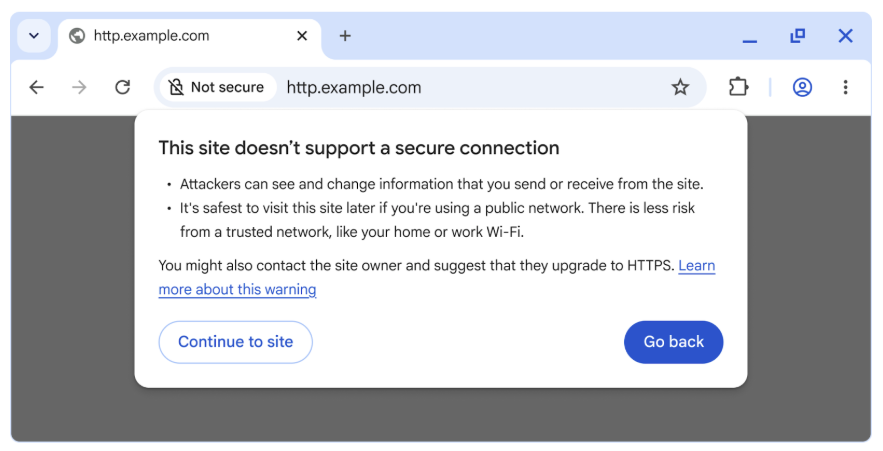Building Client-Side PII Protection for LLMs Using Chrome's Built-in AI
PositiveArtificial Intelligence
A new Chrome extension called PII Shield has been developed to enhance privacy by automatically detecting and masking sensitive information before it's sent to language models like ChatGPT and Claude. This tool operates entirely on the user's device, ensuring zero server costs and complete privacy, which is crucial in today's digital landscape where data protection is paramount. Built for the Google Chrome Built-in AI Challenge 2025, this innovation not only addresses a significant issue but also empowers users to interact with AI safely.
— Curated by the World Pulse Now AI Editorial System





